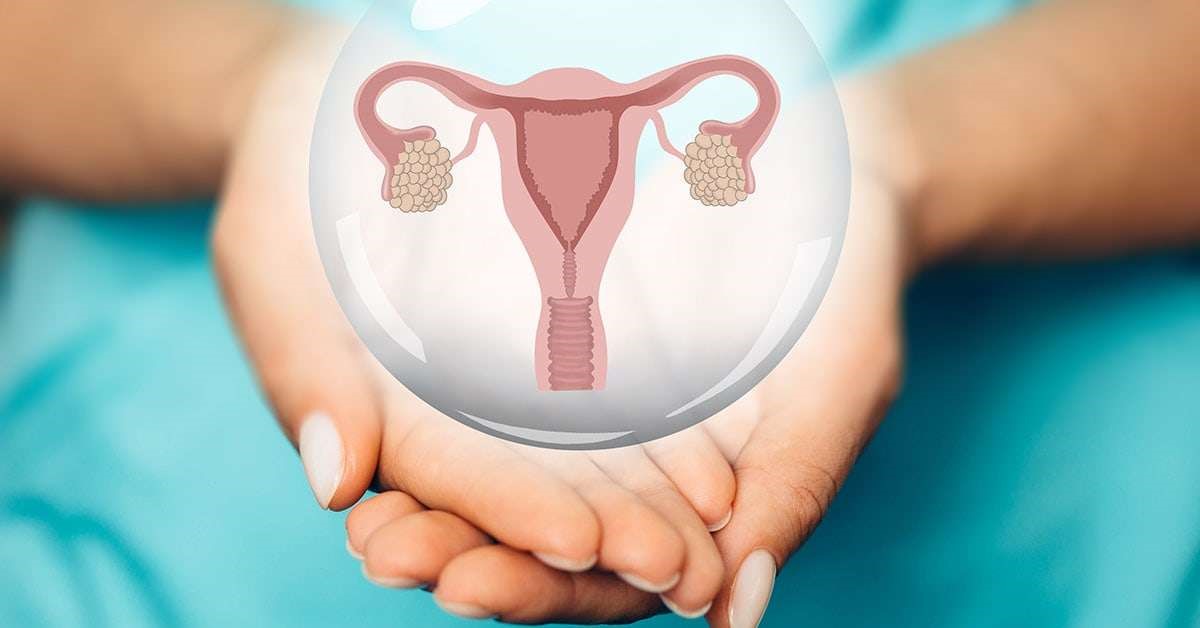In recent years, the landscape of women’s health technologies has undergone a transformative evolution. This transformation is driven by advancements in medical science, digital health, and a growing awareness of gender-specific health needs. The convergence of these factors has led to innovative solutions that are not only improving health outcomes but also empowering women to take control of their health. This article explores the latest trends in women’s health technologies, focusing on key areas such as reproductive health, digital health platforms, wearable technologies, and personalized medicine.
Reproductive Health Technologies
Reproductive health has been at the forefront of women’s health technologies. Innovations in this area are addressing a wide range of needs, from fertility and contraception to pregnancy and menopause.
Fertility and Contraception
One of the most significant advancements in reproductive health is the development of more effective and user-friendly fertility tracking and contraception methods. Apps like Clue and Natural Cycles use algorithms to predict ovulation cycles, helping women make informed decisions about family planning. These apps often integrate with wearable devices to provide real-time data and personalized insights.
Long-acting reversible contraceptives (LARCs) such as intrauterine devices (IUDs) and contraceptive implants have also seen improvements. Newer versions are designed to be more comfortable and easier to insert, with fewer side effects. Additionally, research into non-hormonal contraceptive methods is gaining traction, offering more options for women who prefer to avoid hormonal interventions.

Pregnancy and Postpartum Care
Technological advancements are also enhancing pregnancy and postpartum care. Wearable devices like the Ava bracelet monitor physiological parameters such as heart rate, temperature, and sleep patterns to predict fertility windows and track pregnancy progress. Telehealth platforms are providing remote prenatal care, allowing expectant mothers to consult with healthcare providers from the comfort of their homes.
Postpartum care is receiving increased attention with the development of apps and devices designed to support new mothers. For instance, the Elvie Pump is a silent, wearable breast pump that allows women to pump discreetly and efficiently. Apps like Mahmee offer personalized postpartum care plans and connect new mothers with healthcare professionals for ongoing support.
Digital Health Platforms
Digital health platforms are revolutionizing the way women access healthcare services. These platforms offer a range of services, from virtual consultations to personalized health plans, making healthcare more accessible and convenient.
Telehealth Services
The COVID-19 pandemic accelerated the adoption of telehealth services, and this trend shows no signs of slowing down. Telehealth platforms like Maven Clinic and Nurx specialize in women’s health, offering services such as virtual consultations, prescription delivery, and mental health support. These platforms are particularly beneficial for women in remote or underserved areas, providing them with access to specialist care that might otherwise be unavailable.
Personalized Health Plans
Personalization is a key trend in women’s health technologies. Digital health platforms are leveraging data analytics and artificial intelligence (AI) to create customized health plans tailored to individual needs. For example, the app Flo uses AI to provide personalized menstrual cycle predictions and health insights based on user data. Similarly, platforms like Wild.AI use machine learning to offer personalized training and nutrition plans for female athletes, taking into account factors such as menstrual cycles and hormonal fluctuations.
Wearable Technologies
Wearable technologies have become an integral part of women’s health, offering continuous monitoring and real-time data that can be used to improve health outcomes.
Fitness and Wellness
Wearable devices like Fitbit and Apple Watch have long been popular for tracking fitness and wellness metrics. However, recent advancements are making these devices more relevant to women’s health. For example, the Apple Watch now includes a menstrual cycle tracking feature, allowing women to log symptoms and receive notifications about their cycle. Similarly, the Oura Ring monitors sleep patterns, heart rate, and body temperature, providing insights into overall health and well-being.

Medical Monitoring
Beyond fitness and wellness, wearable technologies are being developed for medical monitoring. Devices like the Bloomlife contraction monitor track uterine activity during pregnancy, providing valuable data to expectant mothers and healthcare providers. Wearable ECG monitors, such as the Zio Patch, are being used to detect irregular heart rhythms, which can be particularly important for women with cardiovascular concerns.
Personalized Medicine
Personalized medicine is another area where women’s health technologies are making significant strides. By tailoring treatments to individual genetic, environmental, and lifestyle factors, personalized medicine aims to improve the effectiveness of healthcare interventions.
Genomic Testing
Genomic testing is becoming more accessible and affordable, allowing women to gain insights into their genetic predispositions to various health conditions. Companies like 23andMe and Color Genomics offer tests that can identify genetic risks for conditions such as breast cancer, ovarian cancer, and cardiovascular disease. Armed with this information, women can take proactive steps to manage their health, such as increased screening or preventive measures.
Hormone Replacement Therapy
Hormone replacement therapy (HRT) is another area benefiting from personalized approaches. Traditional HRT has been associated with various side effects, but personalized HRT aims to minimize these by tailoring treatments to individual hormonal profiles. Companies like Gennev offer personalized menopause treatment plans based on hormone levels and symptoms, improving the effectiveness and tolerability of HRT.
Conclusion
The rapid advancement of women’s health technologies is ushering in a new era of personalized, accessible, and effective healthcare. From reproductive health and digital health platforms to wearable technologies and personalized medicine, these innovations are addressing the unique health needs of women and empowering them to take control of their health. As technology continues to evolve, it is essential for healthcare providers, researchers, and policymakers to stay informed about these trends and ensure that the benefits of these innovations are accessible to all women










